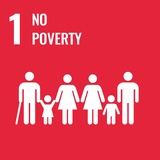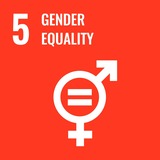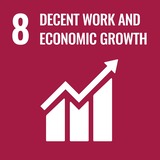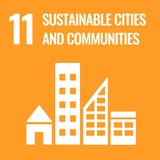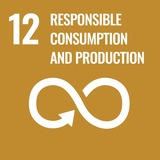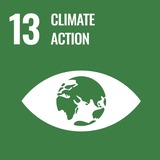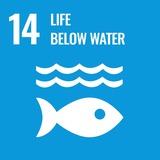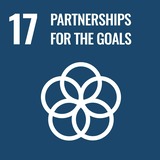TANZANIA
Clean Dar es Salaam
Beneath its vibrant exterior, Dar es Salaam faces a pressing challenge: waste management for its surging population.
The city is now one of the fastest-growing urban areas in the world — and is on track to be the third-biggest city in the world by 2100.


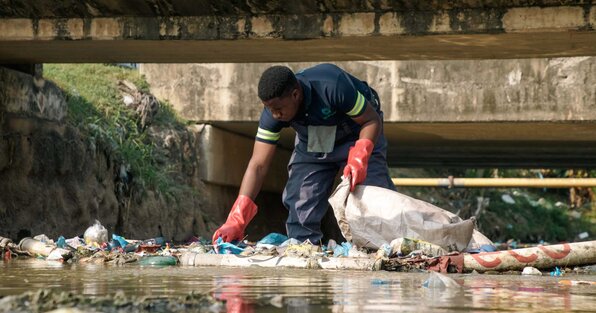
TANZANIA
Clean Dar es Salaam
Beneath its vibrant exterior, Dar es Salaam faces a pressing challenge: waste management for its surging population.
The city is now one of the fastest-growing urban areas in the world — and is on track to be the third-biggest city in the world by 2100.
La Barrita is a coastal village in Guatemala, cushioned between lush tropical vegetation and the shimmering Pacific Ocean. The village is home to a small but vibrant population, where fishing is a cornerstone of the local economy and lifestyle.
Beneath its vibrant exterior, Dar es Salaam faces a pressing challenge: waste management for its surging population.
The city is now one of the fastest-growing urban areas in the world — and is on track to be the third-biggest city in the world by 2100.
Beneath its vibrant exterior, Dar es Salaam faces a pressing challenge: waste management for its surging population.
The city is now one of the fastest-growing urban areas in the world — and is on track to be the third-biggest city in the world by 2100.




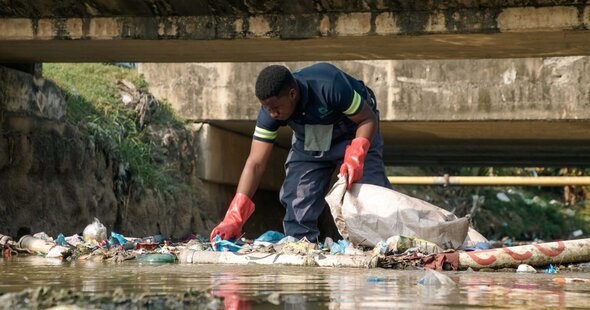
The story
Dar es Salaam is Tanzania’s largest metropolis — the country’s economic heart, stretching along the Indian Ocean coastline.
With a population surging past eight million, this buzzing city melds modernity with tradition, boasting a diverse cultural tapestry against a backdrop of palm-fringed beaches and bustling ports.
Beneath its vibrant exterior, Dar es Salaam faces a pressing challenge: waste management for its surging population.
The city is now one of the fastest-growing urban areas in the world — and is on track to be the third-biggest city in the world by 2100. This rapid urbanization and population growth has outpaced the city’s infrastructure expansion, leading to significant environmental and public health concerns.
So, what’s causing this? The key factors include:
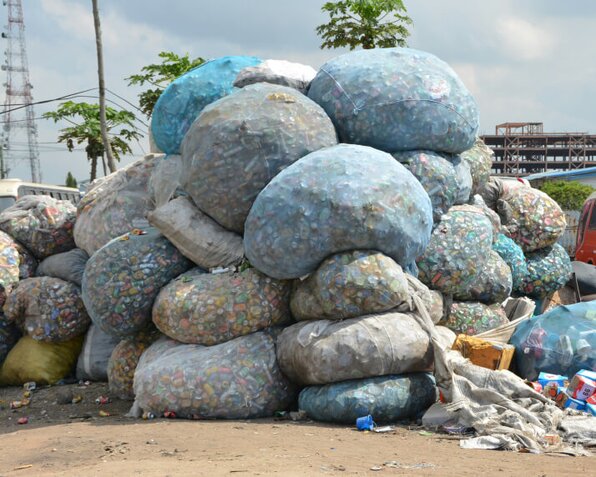
Lagging infrastructure development
The city’s waste management infrastructure hasn’t expanded in correlation with its population growth. The existing systems are overwhelmed, meaning waste management teams are struggling to keep up with demand.
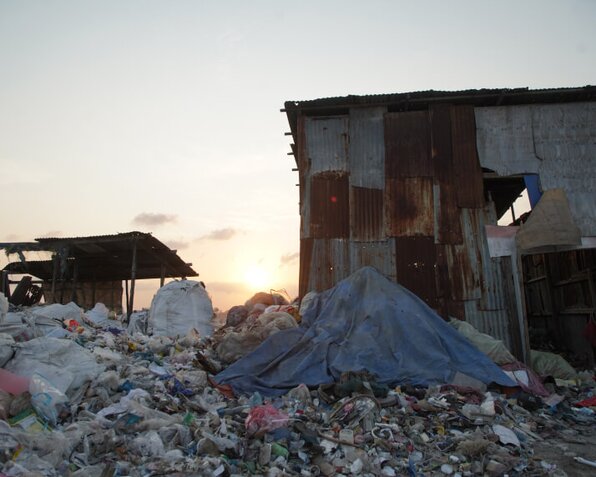
Rising number of informal settlements
An increasing number of people in Dar es Salaam now live in informal settlements — a type of illegal housing or shelter that falls outside of government control or regulation. These communities often lack basic services, including regular waste collection. Here, you’ll typically find piles of litter across the streets and heaps of trash being burnt.
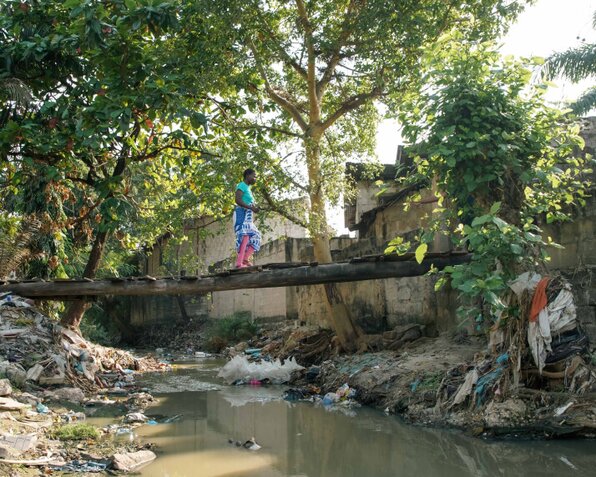
Economic constraints
Many countries would invest in modern waste management systems to deal with this problem, but the city’s limited financial resources hinder its ability to do so, meaning communities rely on outdated and inefficient methods.
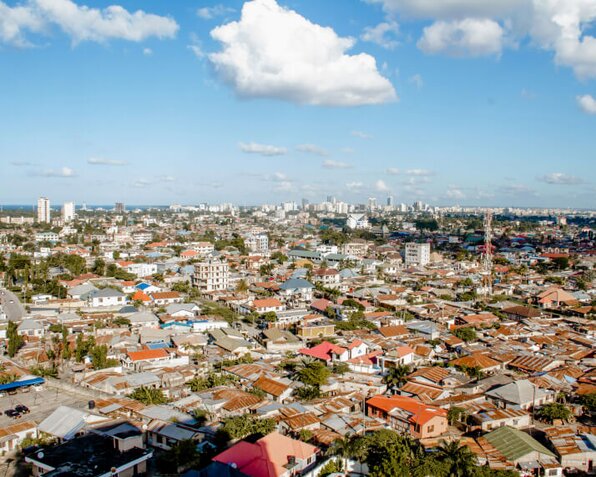
High level of poverty
As the population of Dar es Salaam increases, so does the level of poverty. Households in Tanzania are usually charged a fee to have their trash collected — and unfortunately, a lot of people can’t afford to fork out for this payment. Instead, most get rid of their trash by illegally dumping or burning it.
The scale of the waste problem
Dar es Salaam’s population currently produces about 3,000 tonnes of waste per day — that’s the same weight as about 1,500 cars. And only 40% of this waste actually ends up in the city’s designated dump site, with the rest either being burned or illegally dumped in nature.
There are four key rivers running through the city, which are crowded with waste — until the rain comes, that is. After a storm, this waste is then channeled down the river and into the Indian Ocean, where it’ll harm wildlife and crowd precious ecosystems.
And even if waste does make it to the legal landfill at Pugu, the municipality doesn’t have the capacity to manage the amounts of waste the growing city is producing. As a result, the material in the landfill continually sets itself on fire, due to the release of methane from the piling mountain of trash.
Things can’t continue this way, which is why we teamed up with local operator The Recycler to do something about it.
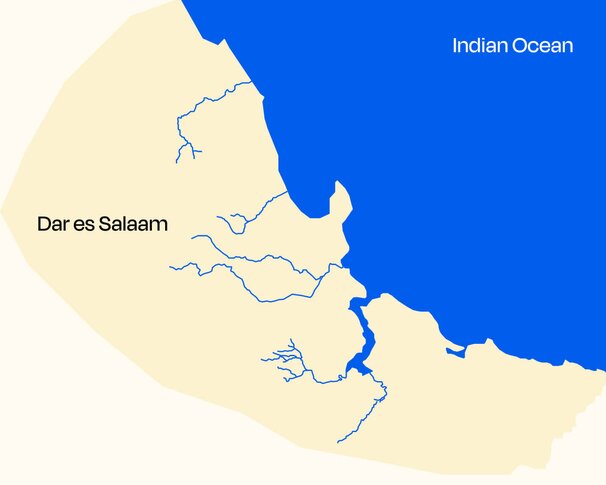
4 key rivers in Dar es Salaam
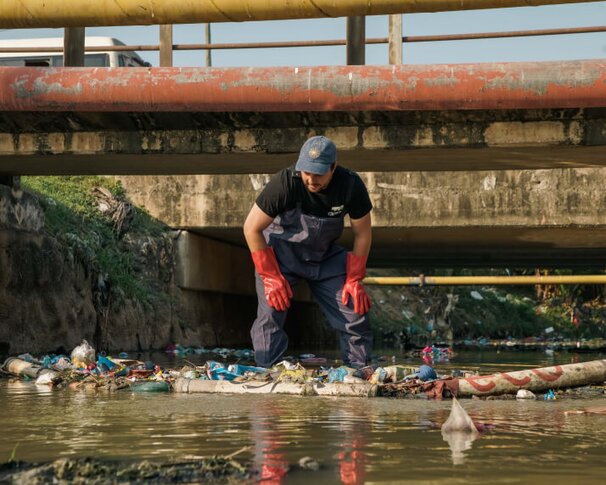
River barrier to stop waste reaching the ocean
Integrating change in the community
Ultimately, our goal for the Clean Dar es Salaam project is to prevent waste from going to landfill, supporting both local communities and the environment.
To overcome this issue, we’ve teamed up with local operator The Recycler to collect non-recyclable waste throughout the city.
Before this partnership, local waste collectors wouldn’t see this material as a resource because it had no monetary value (since it can’t be reused). But thanks to our Clean Dar es Salaam project, these collectors are now paid per kilogram of non-recyclable waste.
Once the material is collected from the community, it’s transported to a local processing facility where it’s weighed, shredded, and compacted into bales. And since this material can’t be recycled, it’s then sent to a co-processing facility, where it can be utilized to create an alternative energy for the cement industry.
Together with The Recycler, we’ve created a market for non-recyclables in Dar es Salaam — a key step in helping the city move towards a more sustainable future as it continues to grow.
Let's make a difference in Tanzania
Your brand can support our impact and help to expand our operations in Tanzania.
Our impact

Clean Nature
We now collect roughly 40,000 kgs of non-recyclable waste from around 1,000 people each month. That’s about the same weight as 20 cars! By collecting and processing this waste, we’re making sure it doesn’t end up in landfill, which would continue to pollute the environment and harm the local community.
As for the future? We want to expand this system to other parts of Tanzania, starting with Zanzibar, where there’s currently limited waste management infrastructure in place.

Clean Communities
As well as keeping Dar es Salaam clean, our partners at The Recycler also provide community training on recycling collection and waste management, helping to educate local people on the issue. We also work closely with a guardian who used to be a security guard, and now carries out regular beach cleanups.
Moving forward, we want to work with schools and local NGOs to introduce plastic waste initiatives and educate the next generation.

Clean Jobs
Waste workers in the city are at the core of our operations, so we like to make sure they’re rewarded for their hard work.
Since all employees are part of the national health scheme, they have access to health insurance — a rare opportunity for anyone living in poverty in Tanzania.

Clean Oceans
Dar es Salaam stretches across the coast of the Indian Ocean. By collecting and processing waste here, we’re preventing trash from being littered in nature, traveling down the rivers, and ending up harming this incredible ecosystem.
Our partners at The Recycler have also set up river traps as an added line of defense against plastic pollution.
Our collection process
Waste collectors have worked in Tanzania for years, gathering trash from local households. The only problem is that these collectors don’t see non-recyclable materials as valuable because, unlike recyclables, they can’t be sold on as a resource (since they can’t be reused).
That’s why we’ve put collectors at the heart of this project.
Together with The Recycler, we’ve partnered with over 1,000 local collectors in Dar es Salaam, paying them for any non-recyclable waste they recover. This way, we can make sure it doesn’t end up in landfill.
Everybody wins: the collectors get paid for their hard work, wildlife can be free of plastic pollution in their habitats, and local people can enjoy life in a clean environment.
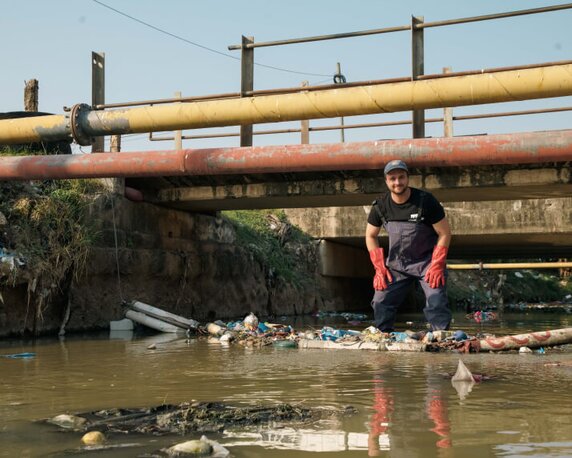
Field notes 📝
“What I find more and more with these projects is that it’s not a problem with the country itself. Wherever we go it’s the same stuff: things are sold into the market to people who can barely afford the item — certainly, they can’t afford the waste management.
And nobody’s picking up the bill for that, which leads to destruction, especially in such a wildlife-heavy country, which lifts so much from its tourism.”
Joel Co-founder, CleanHub
Collection operator: The Recycler
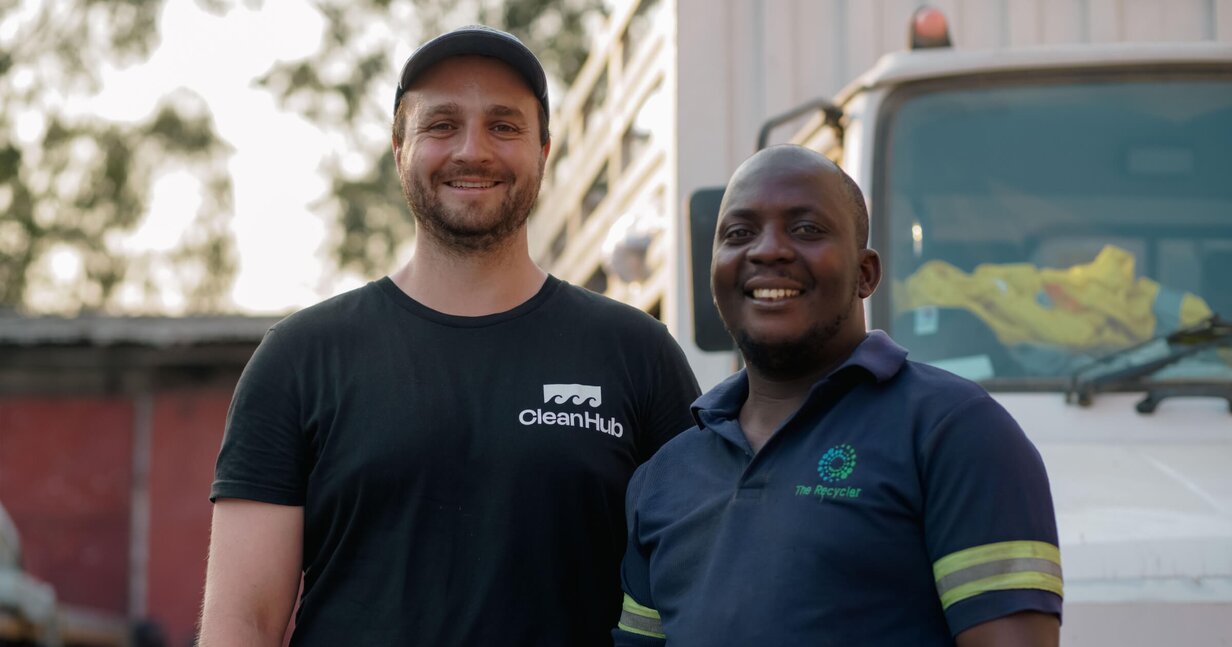
This project wouldn’t be possible without our collection operator The Recycler, which has set up waste collection points throughout Tanzania and specializes in separating all kinds of trash.
In Dar es Salaam, the Recycler team consists of 12 full-time staff members, who work together with local waste collectors, while also shredding and packing the non-recyclable plastic material before it’s sent to the co-processing plant.
But the hard work doesn’t stop there. The Recycler goes a step further by educating people on the issue of waste management — after all, we want change in the long term as well as the short. The team does this by providing waste management training in schools, across social media, and during beach clean-ups.
Let's make a difference in Tanzania
Your brand can support our impact and help to expand our operations in Tanzania.
Sign up to our newsletter
Subscribe to receive monthly insights. Plus, we’ll collect 1kg of plastic on your behalf.
Our accreditation
We're the first plastic credit system verified by TÜV SÜD


